Debunking 5 Common Myths About TMJ Disorders

When it comes to temporomandibular joint (TMJ) disorders, misinformation and misconceptions can cloud the reality of this painful and complex condition. Understanding the facts about TMJ disorders is crucial for those affected and the people who support them. In this article, we aim to debunk five of the most common myths surrounding TMJ disorders, setting the record straight about this oft-misunderstood condition.
At Suburban TMJ Center, Illinois' leading non-surgical TMJ treatment center, our mission is to provide our patients with accurate knowledge and exceptional care. Read on to uncover the reality behind these frequently perpetuated myths and gain a better understanding of TMJ disorders, empowering yourself to make informed decisions about your health and treatment options.
Myth 1: TMJ Disorders Only Affect Your Jaw
One common misconception about TMJ disorders is that they solely impact the jaw area. While the temporomandibular joint is the primary site of discomfort, TMJ disorders can also manifest in various other symptoms that may seem unrelated. Some of these secondary symptoms include:
1. Headaches or migraines
2. Earaches or tinnitus (ringing in the ears)
3. Neck, shoulder, or back pain
4. Difficulty or pain while biting, chewing, or yawning
5. Sleep disturbances
6. Dizziness or vertigo
It is essential to be aware of these potential secondary symptoms when evaluating a possible TMJ disorder, as they might be misinterpreted as independent conditions that require separate treatment.
Myth 2: TMJ Disorders Are Always Caused by Bruxism
While teeth grinding (bruxism) is a common cause of TMJ disorders, it is not the sole contributing factor. There are various other causes and risk factors to consider, including but not limited to:
1. Malocclusion (misalignment of the teeth or bite)
2. Facial injury or trauma
3. Arthritis in the jaw joint, such as osteoarthritis or rheumatoid arthritis
4. Structural or genetic issues with the jaw joint
5. Frequent gum chewing or nail-biting
6. Prolonged stress, which can lead to increased muscle tension in the jaw area
It is crucial to recognize that TMJ disorders can result from multiple sources, and treatment approaches may vary based on the root cause.
Myth 3: Surgery Is the Only Treatment Option for TMJ Disorders
Surgery might be the first treatment option that comes to mind when thinking about TMJ disorders. However, non-surgical treatments have been proven effective in many cases and are often recommended before considering a surgical intervention. Some popular non-surgical treatments for TMJ disorders include:
1. Medications: Over-the-counter pain relievers and anti-inflammatory medications can alleviate pain and inflammation. In some cases, your healthcare provider may prescribe muscle relaxants or anti-anxiety medications to decrease muscle tension.
2. Physical therapy: Specialized exercises and stretches supervised by a physical therapist can help improve jaw joint mobility and muscle strength.
3. Occlusal splints: Custom-fitted devices, such as bite guards or stabilization splints, help reduce pressure on the jaw joint and prevent teeth grinding or clenching.
4. Lifestyle modifications: Reducing stress, practicing relaxation techniques, and altering your diet to include soft foods can help manage TMJ symptoms.
5. Trigger point injections or Botox: In certain cases, injections can help relax the muscles surrounding the jaw and provide temporary relief from TMJ pain.
Surgery may be considered for severe or persistent cases that are unresponsive to conservative treatment options, but it is not the only solution for managing TMJ disorders.
Myth 4: TMJ Disorders Cannot Be Prevented
While there's no foolproof way to eliminate the risk of developing a TMJ disorder completely, several proactive measures can help reduce the chance of experiencing TMJ-related issues. Taking control of your risk factors and adopting certain lifestyle changes can make a significant difference in preventing and managing TMJ disorders. Steps to consider include:
1. Maintaining proper dental hygiene: Regular dental check-ups and routine cleanings can help catch potential problems before they worsen.
2. Practicing good posture: Poor posture can contribute to TMJ discomfort; strive for proper alignment while sitting, standing, and sleeping to reduce muscle tension.
3. Avoiding excessive jaw strain: Limit gum chewing and nail-biting, and opt for a soft food diet to minimize strain on your jaw muscles and joint.
4. Minding your stress levels: Incorporating relaxation techniques such as deep breathing or meditation into your daily routine can help minimize stress-induced muscle tension.
5. Wearing a mouthguard: If you grind your teeth at night, a custom-fitted mouthguard can protect your teeth and jaw joint from excessive pressure.
These precautionary measures can help mitigate the risk of developing or exacerbating TMJ disorders.
Myth 5: TMJ Disorders Are Rare
Contrary to this misconception, TMJ disorders are quite prevalent. According to the National Institute of Dental and Craniofacial Research, an estimated 10 million people in the United States are affected by TMJ disorders, indicating that this condition is far more widespread than many people realize. Additionally, the TMJ Association estimates that between 5% and 12% of the general population will experience TMJ symptoms at some point in their lives.
Given the commonality of TMJ disorders, it is crucial to recognize the symptoms, risk factors, and treatment options available and seek help from a healthcare professional if you suspect you might be affected.
Separating Fact from Fiction: Get TMJ Relief Today
Dispelling these common myths about TMJ disorders is essential to empower those affected by the condition and ensure proper understanding for effective symptom management. With accurate information at hand, you can take control of your TMJ disorder, explore the best treatment options, and improve your quality of life.
At Suburban TMJ Center, our dedicated team of professionals is committed to providing personalized, non-surgical
TMJ treatment options tailored to your specific needs. Don't let TMJ discomfort hold you back any longer—take the first step toward lasting relief by contacting Suburban TMJ Center today. Call us to schedule an appointment and explore your treatment options with Illinois' leading TMJ experts.
CONTACT INFORMATION
Phone: (630) 305-7914
Email: frontdesk@suburbantmjcenter.com
Address: 1309 Macom Drive, Suite 107
Naperville, IL 60564
CONNECT WITH US
All Rights Reserved | Website Designed By: Morningdove - Accessibility Statement











